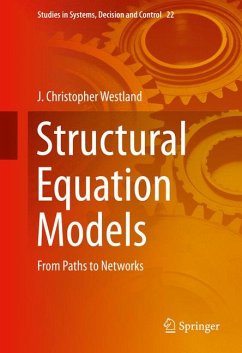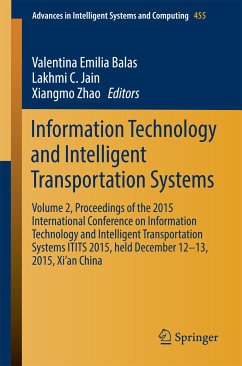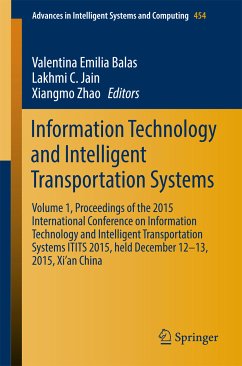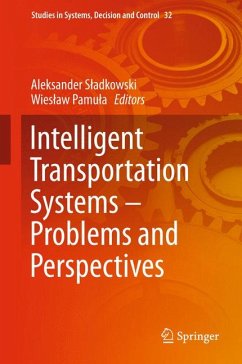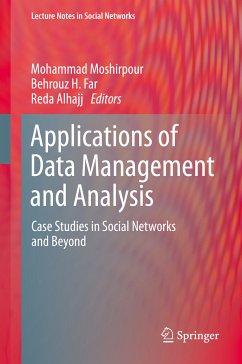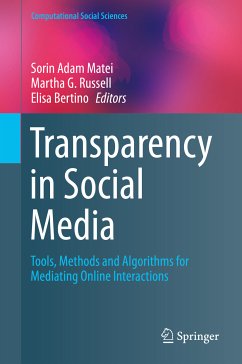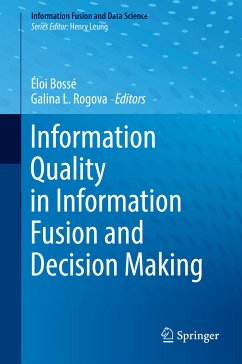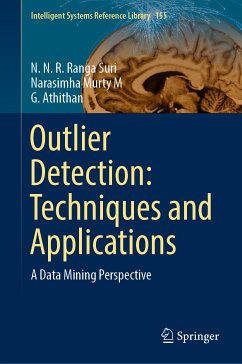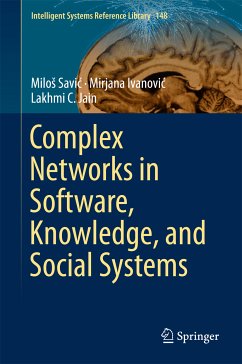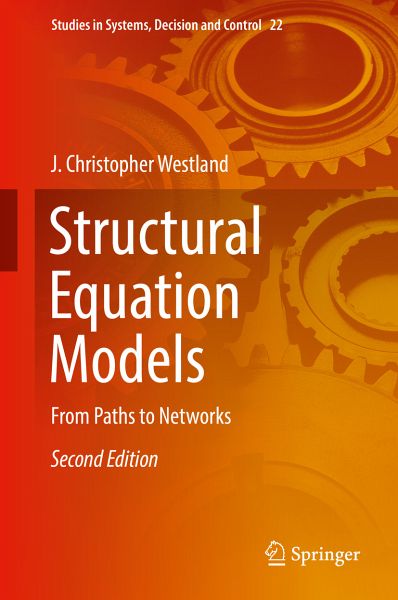
Structural Equation Models (eBook, PDF)
From Paths to Networks
Versandkostenfrei!
Sofort per Download lieferbar
120,95 €
inkl. MwSt.
Weitere Ausgaben:

PAYBACK Punkte
60 °P sammeln!
This new edition surveys the full range of available structural equation modeling (SEM) methodologies. The book has been updated throughout to reflect the arrival of new software packages, which have made analysis much easier than in the past. Applications in a broad range of disciplines are discussed, particularly in the social sciences where many key concepts are not directly observable. This book presents SEM's development in its proper historical context-essential to understanding the application, strengths and weaknesses of each particular method. This book also surveys the emerging path ...
This new edition surveys the full range of available structural equation modeling (SEM) methodologies. The book has been updated throughout to reflect the arrival of new software packages, which have made analysis much easier than in the past. Applications in a broad range of disciplines are discussed, particularly in the social sciences where many key concepts are not directly observable. This book presents SEM's development in its proper historical context-essential to understanding the application, strengths and weaknesses of each particular method. This book also surveys the emerging path and network approaches that complement and enhance SEM, and that are growing in importance. SEM's ability to accommodate unobservable theory constructs through latent variables is of significant importance to social scientists. Latent variable theory and application are comprehensively explained and methods are presented for extending their power, including guidelines for data preparation, sample size calculation and the special treatment of Likert scale data. Tables of software, methodologies and fit statistics provide a concise reference for any research program, helping assure that its conclusions are defensible and publishable.
Dieser Download kann aus rechtlichen Gründen nur mit Rechnungsadresse in A, B, BG, CY, CZ, D, DK, EW, E, FIN, F, GR, HR, H, IRL, I, LT, L, LR, M, NL, PL, P, R, S, SLO, SK ausgeliefert werden.



